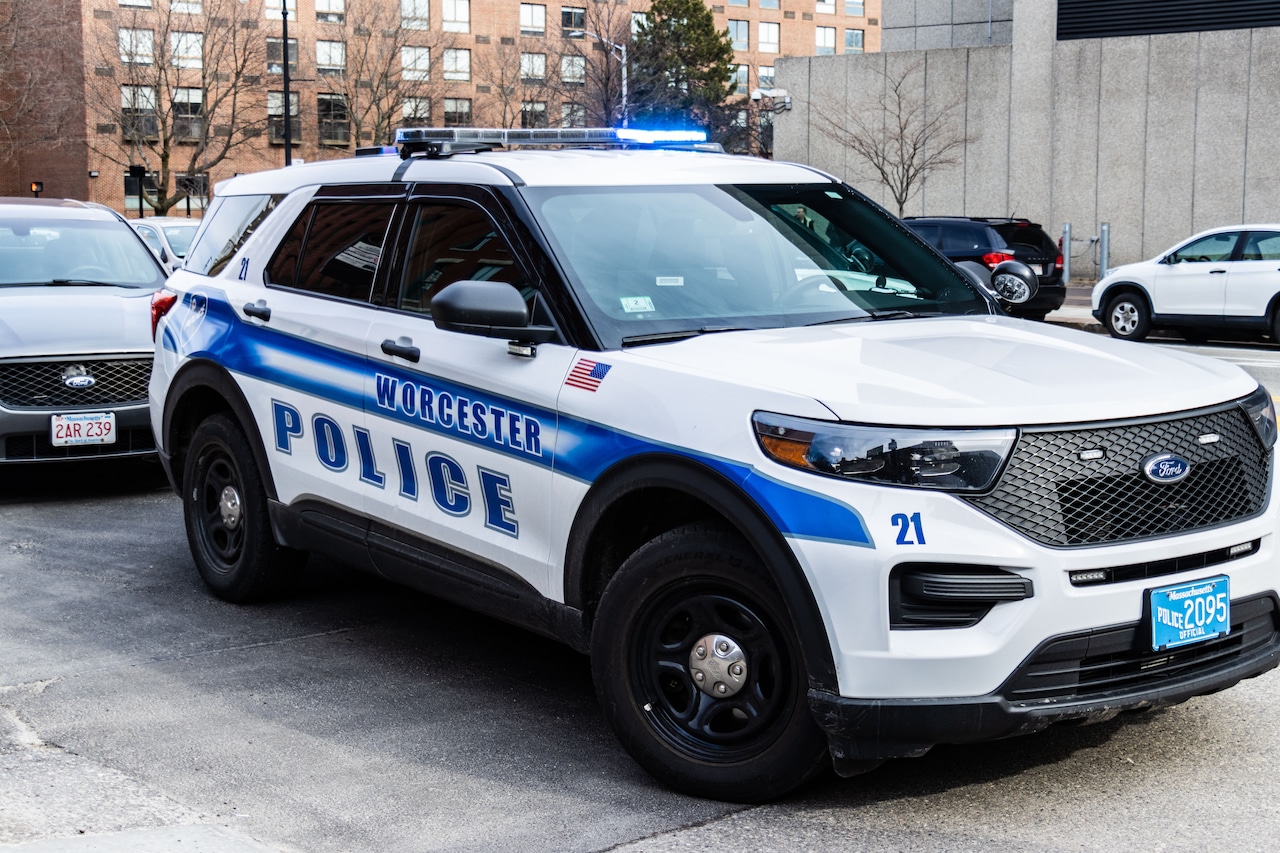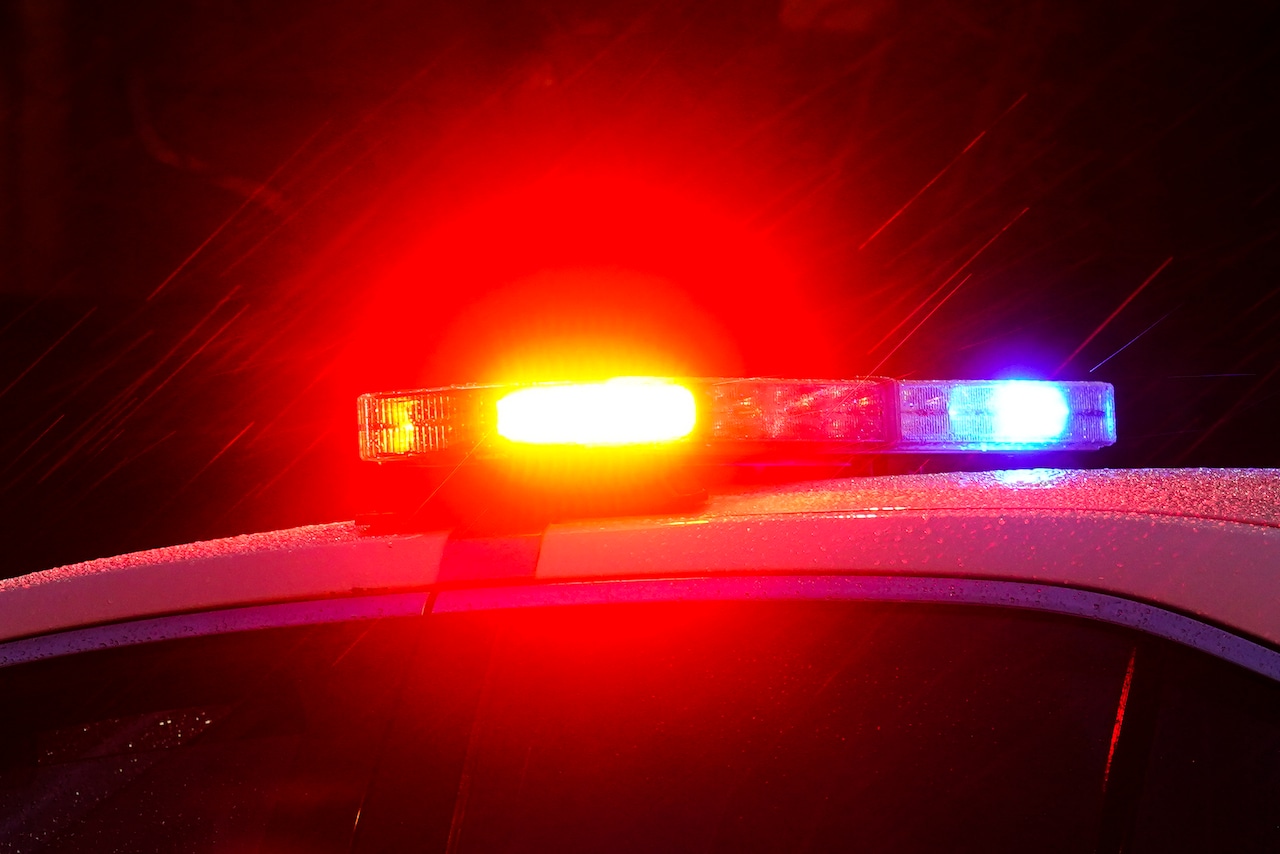For four years, Martha’s Vineyard resident Sally Rizzo has used medical marijuana from dispensaries on the island to treat insomnia and chronic back pain. But her reliable supply of medicine is now at risk.
Rizzo, of Tisbury, is one of more than 230 medical marijuana patients and many more recreational customers whose marijuana supply will likely dry up by summer’s end without action from the state.
The Vineyard’s two cannabis dispensaries appear headed for the exits.
Island Time, in the town of Vineyard Haven, shut down last month. Its source for marijuana, Fine Fettle dispensary of West Tisbury, the island’s only cannabis grower, has stopped production and plans to close its shop by September.
The owner of Fine Fettle blamed strict regulations and financial challenges for its closure.
Marijuana is federally illegal. Whether intended for medical or recreational purposes, the federal government does not allow businesses to ship the controlled substance through federal waters or airspace.
Some states have made exceptions for cannabis businesses located offshore. Massachusetts has not.
“We need to find a solution as well,” Rizzo told members of the Massachusetts Cannabis Control Commission when they visited Martha’s Vineyard Thursday for a formal meeting and public listening session. “No access is just not acceptable.”
She was one of more than a dozen people — including dispensary owners, staff, other medical marijuana patients and advocates — who spoke with commissioners Thursday at the Oak Bluffs Public Library.
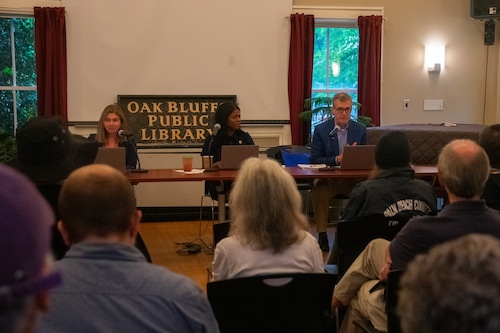
Members of the Massachusetts Cannabis Control Commission listen to testimony about problems with the delivery of cannabis products to Martha’s Vineyard during a meeting at Oak Bluffs Public Library on Thursday. Left to right are Commissioners Kimberly Roy, Ava Callender Concepcion and Bruce Stebbins. (Will Katcher/MassLive)Will Katcher/MassLive
“I’m persuaded that we have a problem we have to solve,” Commissioner Bruce Stebbins said after hearing their testimony.
Other states allow transport of cannabis across federal waters and airspace
Whether and how the commission changes state policy could be determined at its next meeting on June 13.
For guidance, commissioners could look to states such as California, Hawaii, Alaska, New York and Maine, which have already tackled the thorny question of bringing an illegal drug through a federal jurisdiction.
California’s 239-page cannabis industry regulations authorize shipping cannabis “via waterway to licensees located on Catalina Island,” more than 20 miles off the coast of Los Angeles.
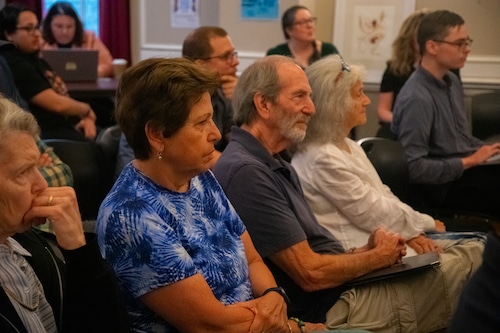
Tisbury resident Sally Rizzo (left) and Geoff Rose (right), owner of Martha’s Vineyard dispensary Island Time, listen to testimony during a Massachusetts Cannabis Control Commission meeting Thursday in the Oak Bluffs Public Library regarding the delivery of cannabis products to the island. (Will Katcher/MassLive)Will Katcher/MassLive
For nearly a year, Hawaii has allowed licensed medical marijuana companies to ship wholesale bundles of product between the state’s islands, according to Marijuana Business Daily, a cannabis industry publication.
In Alaska, where some remote communities are accessible only by boat or plane, police and state officials allow marijuana business owners to fly with suitcases full of cannabis, the Anchorage Daily News reported in 2017.
Without the ability to transport cannabis from the mainland, Island Time owner Geoff Rose, a 22-year resident of the Vineyard, said his business and Fine Fettle would close for good.
“I’ve worked hard to be part of the cannabis industry in Massachusetts,” Rose said Thursday. “And I’m now turning away patients and consumers — my friends and neighbors — because I’m no longer able to source product.”
The island shops face many of the same issues as dispensaries across Massachusetts, including strict and lengthy state regulations, painfully high operating costs and razor-thin margins.
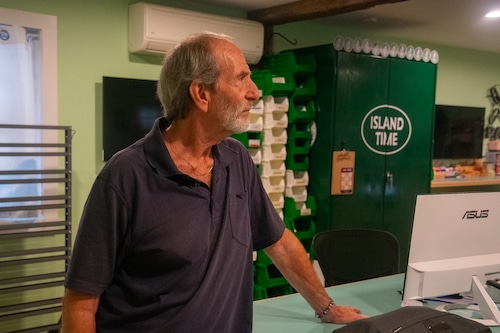
Geoff Rose, owner of Martha’s Vineyard cannabis dispensary Island Time, stands in front of empty shelves and a vault on Thursday.Will Katcher/MassLive
But operating on Martha’s Vineyard presents unique challenges.
Rent and operating costs can be steep. Customer demand varies wildly by season. And because of the ban on transporting products from the mainland, all cannabis must be tested on-island — a pricey endeavor, dispensary employees told the commissioners.
“There are so many different costs on the island that result in the situation we’re in,” Chloe Loftfield, the general manager of Fine Fettle, said Thursday. “It’s simply not a sustainable business anymore.”
‘Arbitrary, unreasonable and inconsistent’ cannabis policy
Desperate to reopen, Rose and Nantucket dispensary Green Lady sued the commission last month, hoping to compel the state agency to change its policy prohibiting the transportation of cannabis from the Massachusetts mainland.
In court filings, they accused the commission of maintaining an “arbitrary, unreasonable and inconsistent” policy that isolates island dispensaries “without any rational basis.”
The sides are now in settlement negotiations, according to publicly available court records.
Nicole Campbell, the co-owner of Green Lady, sees an ironic disparity in the ban on bringing cannabis to the islands.
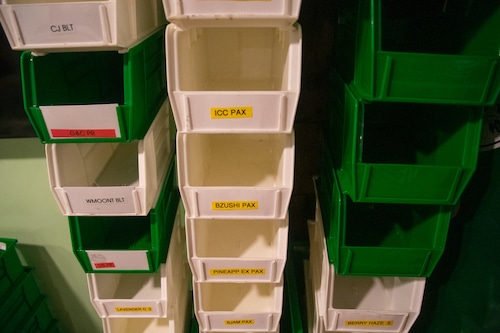
Empty shelves at Martha’s Vineyard cannabis dispensary Island Time on Thursday. The shop closed after the island’s only grow facility shut down. (Will Katcher/MassLive)Will Katcher/MassLive
“The water is federal water, but we all drive the cannabis to do deliveries on the federal road system,” she said in a phone call Tuesday. “We’re already using the federal infrastructure to move a product that’s federally illegal.”
The Steamship Authority, a quasi-state agency that operates ferries between the Cape and Islands, does not allow its vessels to transport federally illegal drugs.
Rose learned late last year that Fine Fettle was preparing to shut down its cannabis farm. With his supply line closing, he urged the commission to adjust its regulations to explicitly allow dispensaries to ship from the mainland.
In need of product, he said he partnered with a mainland supplier who transported weed to the Vineyard on board a Steamship Authority ferry.
The commission ordered Rose to stop selling the product. He sold his remaining supply until May 14, right up to the last chocolate bar. After that, he closed the doors of Island Time.
A Steamship Authority spokesperson referred questions about its cannabis policy to the U.S. Coast Guard, which did not respond to a request for comment from MassLive.
But the Coast Guard is aware of the issue, according to Lauren McDermott, a spokesperson for U.S. Rep. William Keating, whose district includes Cape Cod and the Islands.
After learning how other states had resolved the problem, McDermott said the congressman’s office contacted the Coast Guard so its representatives “could begin to explore possible solutions” with the commission.
While the absence of marijuana would hit recreational consumers, the impact on medical marijuana patients has raised particular concern for state officials.
Medical marijuana is sometimes prescribed for people with cancer, post-traumatic stress disorder, chronic pain and other medical conditions.
“They aren’t able to really pause or stop” their medication, Jeremiah MacKinnon, president of the Massachusetts Patient Advocacy Alliance, said in a phone call Tuesday. “It’s necessary for them to have consistent access.”
Gabrielle Bisson, a medical marijuana patient and employee of Fine Fettle, told commissioners that cannabis helped her manage pain with fewer side effects than other pharmaceuticals.
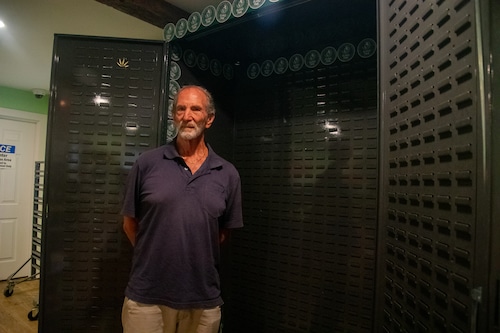
Geoff Rose, owner of Martha’s Vineyard cannabis dispensary Island Time, stands in front of his store’s empty product vault on Thursday. (Will Katcher/MassLive)Will Katcher/MassLive
“The idea that I’d have to commit a crime to bring my medicine home is baffling to me,” she said.
Dr. Terry Kriedman, a Vineyard physician, said she is the only medical provider prescribing marijuana to patients on the island.
“Living on the island presents problems, and we all accept that,” Kriedman told commissioners. “But getting your medication shouldn’t be one of them.”
Tourist season pivotal for cannabis dispensary businesses
For the dispensaries, time is of the essence.
The Vineyard’s busiest months, which fuel the island’s economy, have arrived.
Year-round, 23,000 islanders call Martha’s Vineyard home. On peak summer weekends, that number can balloon to as many as 200,000, according to the island’s Chamber of Commerce.
Missing those crucial months of business would be detrimental to Island Time’s survival, Rose said. More than 40% of his revenue comes during the summer.
Unlike Island Time, Green Lady is not at imminent risk of going out of business.
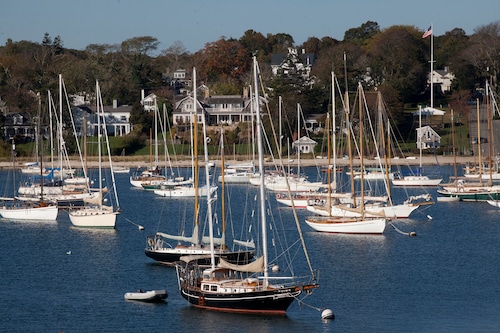
Sailboats are moored in Vineyard Haven harbor in Tisbury, Mass., Oct. 13, 2013, on the island of Martha’s Vineyard. (AP Photo/Mark Lennihan)AP
But Campbell, of Nantucket, said she wants to ship cannabis to the company’s other store in Newton. Unable to, she said the island cannabis companies are missing out on a privilege enjoyed by mainland businesses of all industries.
“There’s a need to resolve this issue,” Rose said. “Because if we don’t, the cannabis industry is going to disappear from Dukes County [Martha’s Vineyard].”



